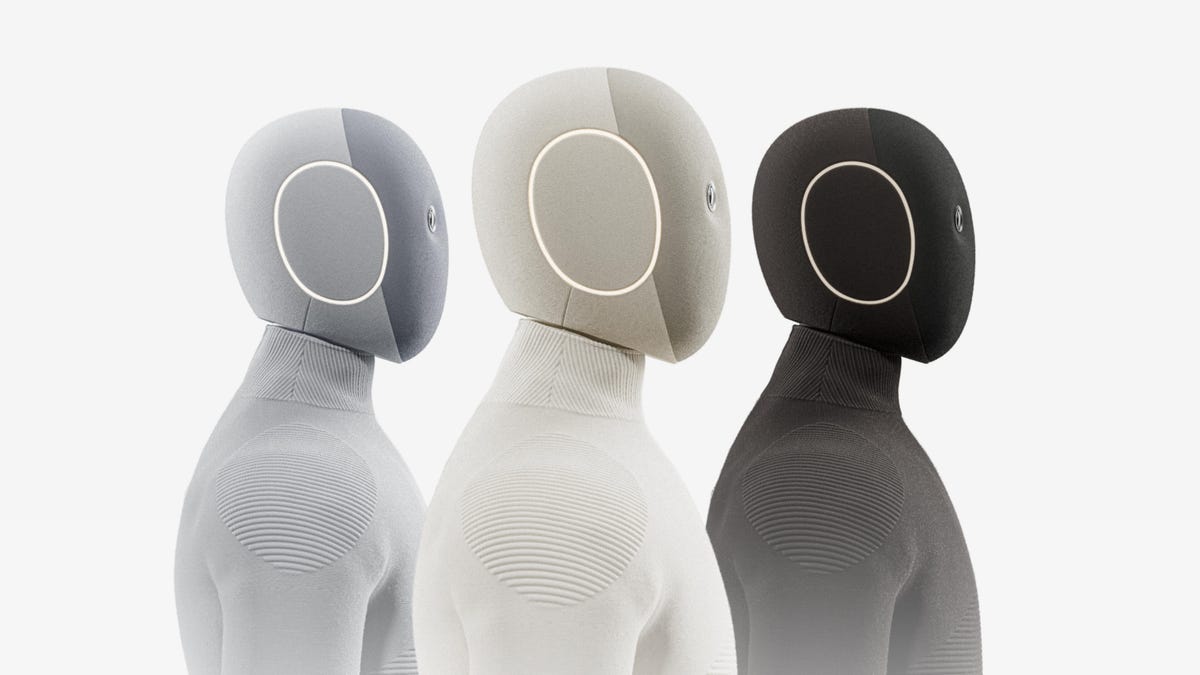Home / Technology / Your Future Robot Butler Needs You
Your Future Robot Butler Needs You
20 Nov
Summary
- Many advanced robots are teleoperated by humans, not autonomous.
- Teleoperation offers security advantages over human service providers.
- Remote robot operation could create new job opportunities globally.

The current generation of advanced robots, while impressive, are largely controlled by human operators through teleoperation, not fully autonomous AI. This remote control, though initially raising privacy concerns, offers a potentially more secure alternative to existing in-home services like cleaners or caregivers, as robots are limited by software and physical constraints. This human-in-the-loop approach provides a critical transitional phase for domestic robotics.
Furthermore, teleoperation is poised to generate new employment opportunities, with roles such as remote robot operators emerging. Experts suggest this trend will persist as full autonomy in complex home environments faces significant developmental hurdles, similar to the slow progress of self-driving car technology. This creates a temporary but vital job category.
Beyond functionality, the design of these robots is crucial for public acceptance, aiming to mitigate the uncanny valley effect. Friendly aesthetics and interactive personalities are key to making these machines feel less alien and more welcome in households. Thus, teleoperation and thoughtful design are paving the way for robots to become integrated, albeit imperfectly, into our lives.



